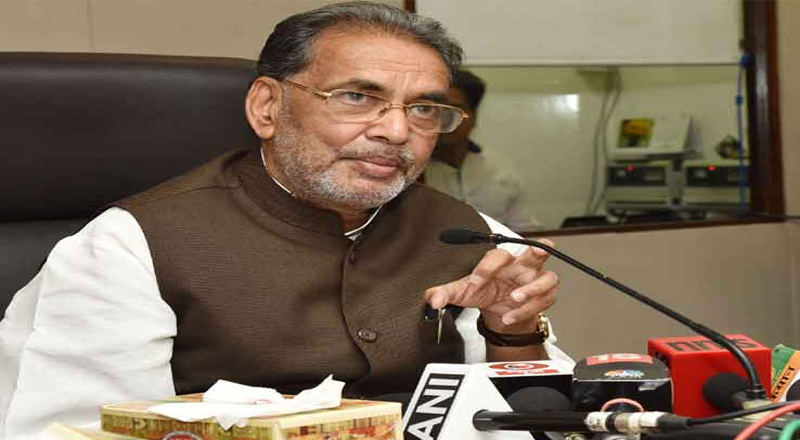At a national workshop held in New Delhi, Union Agriculture and Farmers Welfare Minister, Radha Mohan Singh said that in last three years, tribal farmers submitted more than 5,000 plant varieties through KVKs for registration at Protection of Plant Variety and Farmers Rights Authority. This will play an important role in the development of climate resilient and sustainable varieties in future.
The theme for the workshop was “National Workshop on Empowerment of Farmers of Tribal Areas”. Union Minister of Tribal Affairs, Shri Jual Oram was also present on the occasion.
The Agriculture Minister said that new technological innovations in agriculture must reach to the fields of tribal areas. “But before taking such steps we must keep in mind the unique conditions of these areas, which are the gift of nature and therefore, we should promote natural farming in those areas. Simultaneously, new varieties of coarse grains, pulses, oilseeds, fruits, flowers, vegetables are to be propagated in these areas besides the introduction of integrated farming, new techniques of rain-fed agriculture, and appropriate technologies for water conservation along with new techniques for irrigation, agriculture equipment and line sowing. Special attention shall be given to area-specific integrated farming modules.”
The Minister further stated that the landholdings of tribal farmers are small and therefore the proposed techniques should be suitable for these small farm holdings, only then the development modules will become realistic. Besides the establishment charges, the Indian Council of Agricultural Research (ICAR) is approving Rs.75 to Rs.100 crore for special projects for effective extension in tribal areas.
The ministry is providing all support for mushroom cultivation, fisheries, poultry production (backyard poultry), desi chickens, piggery, apiary etc, which will help in doubling the income of tribal farmers by 2022 despite the limited resources.
ICAR on its part has taken several steps to strengthen the social condition of tribal areas. Two new Indian Agricultural Research Institutes are being established in Assam and Jharkhand states. Similarly, 6 colleges were established in North-eastern India. Ten new Krishi Vigyan Kendras were also opened in these areas. All the institutes of ICAR are allotted certain budget for working in the areas of crop production, horticulture, animal husbandry, fisheries etc tribal areas. The scientists of the Central Island Agricultural Research Institute working at Andaman and Nicobar Islands are struggling with the tribal farmers.
The tribal area is highly fertile. Away from the chemical inputs, therefore these areas are suitable for organic agriculture and sustainable farming. The special crops grown in these areas are niger, til, coarse grains, kodo, kakun, kutri, ragi, which are not only of high medicinal value but of nutritional value as well. Pulses and oilseeds are also grown in these areas.





